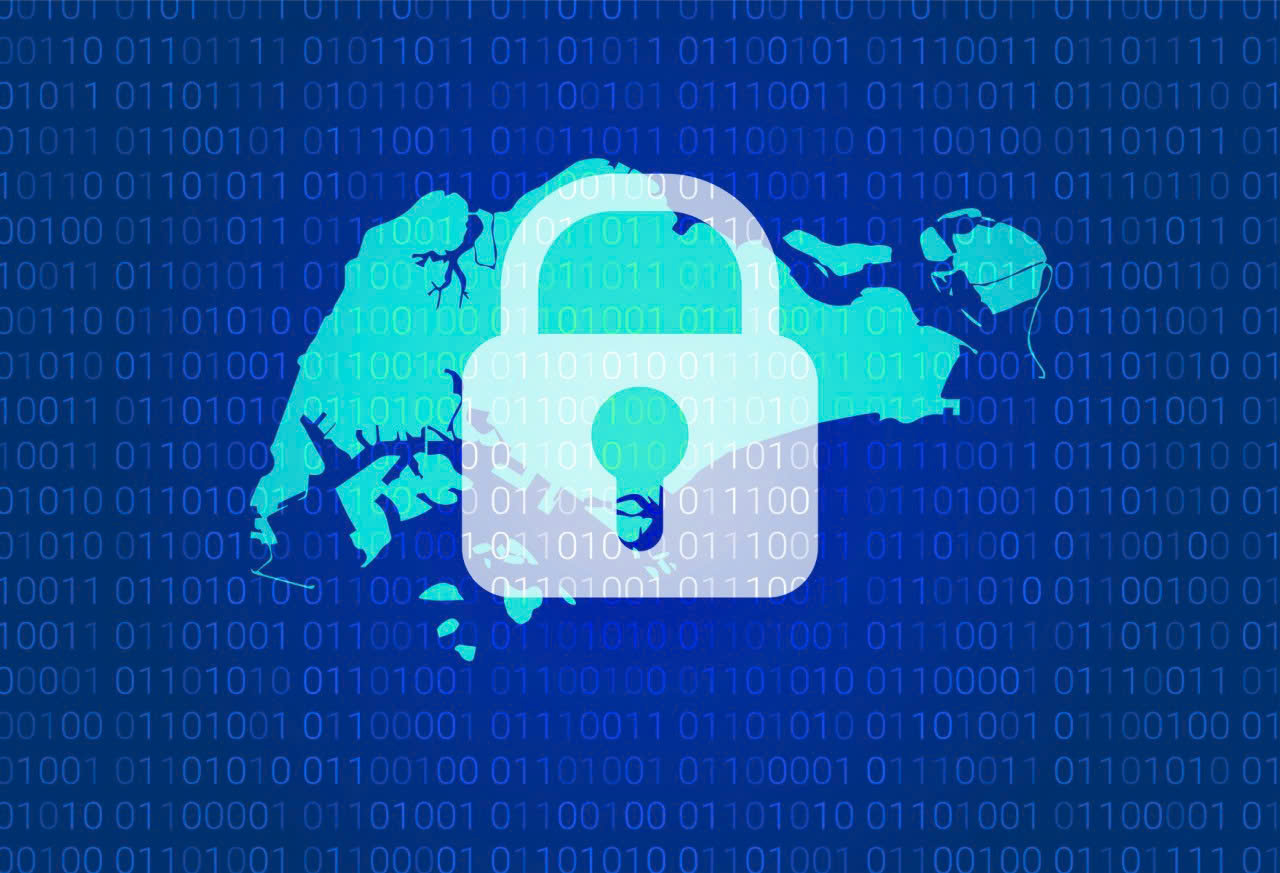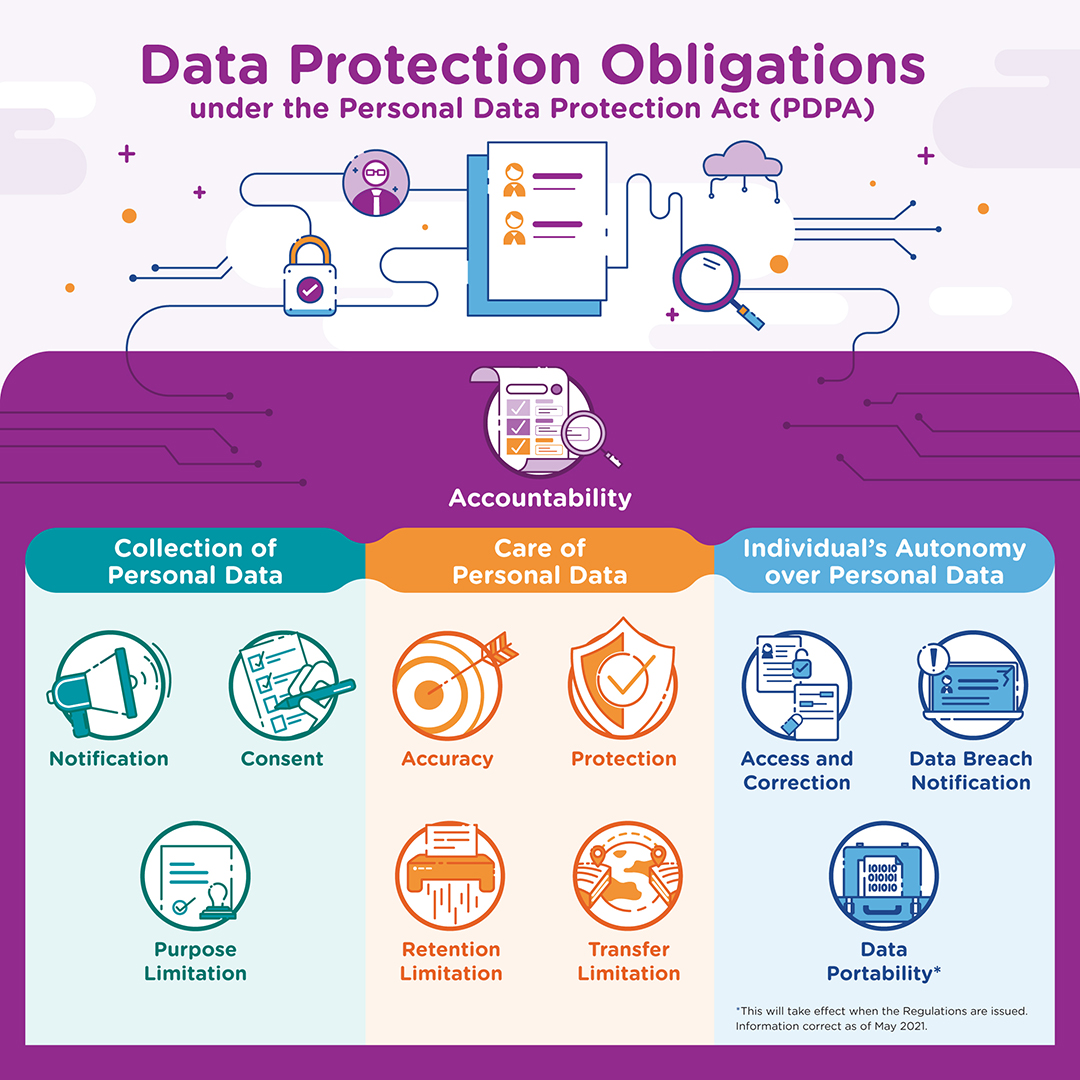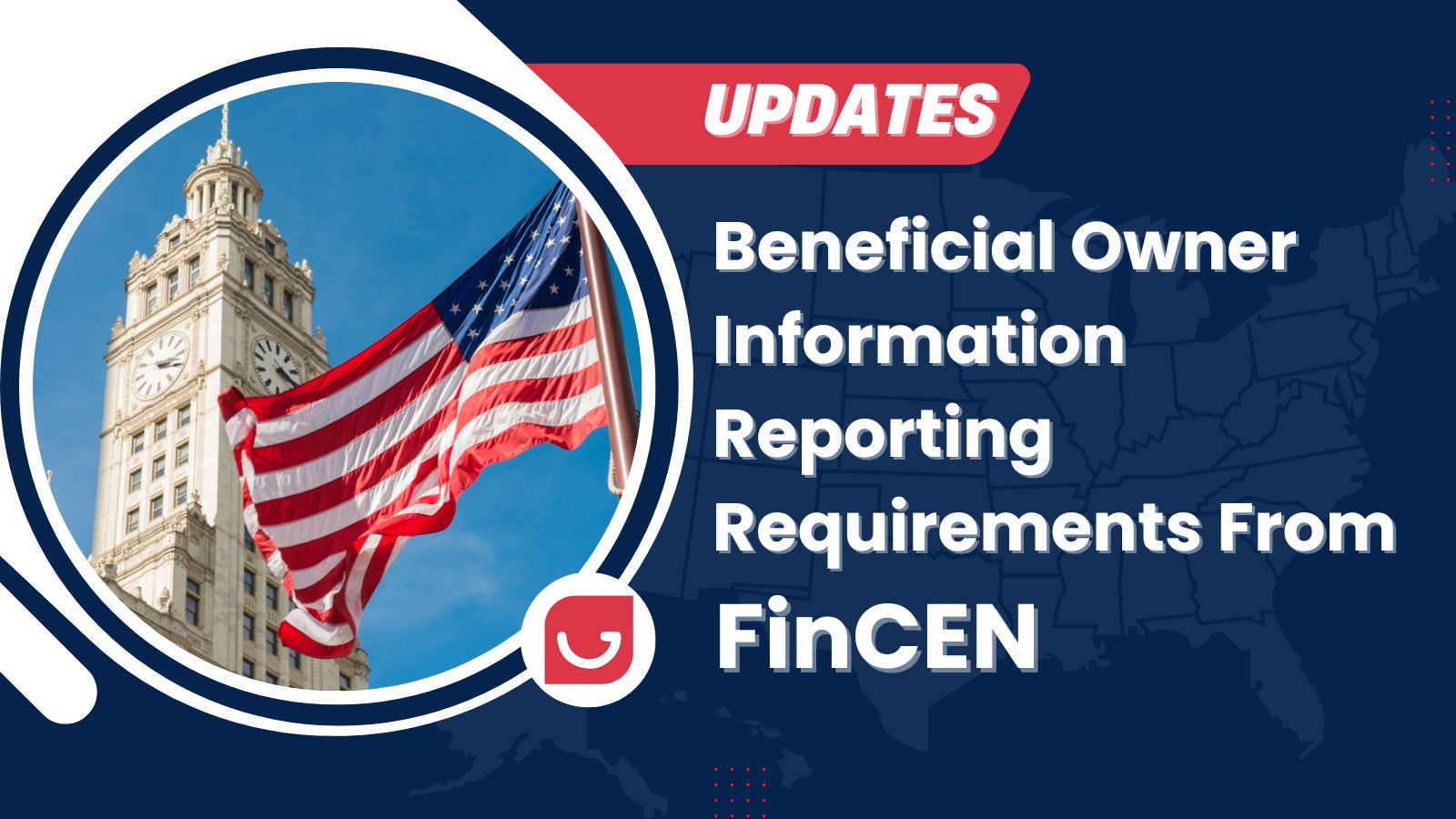Singapore Data Protection Officers (DPO)
Recently, many businesses in Singapore have been receiving new updates from the Personal Data Protection Commission (PDPC) about appointing a Data Protection Officer (DPO). Moreover, the DPO’s contact details must be made available to the public by registering the DPO via ACRA’s BizFile+. It's crucial for organizations to protect people's personal information, and in Singapore, it's a legal requirement to have a DPO to make sure they follow the rules of the Personal Data Protection Act 2012 (PDPA).
Following the PDPA, organizations, including businesses, are required to designate at least one individual as their DPO to ensure adherence to PDPA regulations. This law outlines the specific responsibilities of a DPO to keep personal data safe and maintain public trust.

This is a mandatory requirement for all companies to appoint a DPO by 30th September 2024.
Please note that all Singapore companies, including Singapore offshore companies, that collect, use, or disclose personal data as part of their business operations are required to appoint a DPO. The company is responsible for all personal data in its possession or under its control. Under the PDPA, personal data generally refers to information about an individual who can be identified from that data. Typical examples include an individual’s full name, passport details, NRIC, or image.
Therefore, if they do not collect the above-mentioned documents and information, it is not mandatory to lodge a DPO to ACRA.
Responsibilities of the DPO
The responsibilities of a DPO include, but are not limited to:
- Ensuring PDPA Compliance
- Fostering a Data Protection Culture
- Efficient Handling of Data Inquiries
- Alert Management on Personal Data Risks
- Liaise with PDPC when required
DPO’s role in organizations
The role of the DPO could be a stand-alone position or added into an existing role within the organization. The designated DPO can also assign specific responsibilities to other officers in the organization. Organizations with manpower constraints may outsource operational aspects of the DPO function to a service provider.
The DPO’s role in Singapore is both crucial and multi-dimensional.
Appointing a DPO is mandated by the PDPA, making it a legal obligation for every organization. The DPO's responsibilities go beyond simple compliance — they involve guiding and educating the organization on the best practices in data protection, ensuring that every aspect of data handling aligns with the law.
A significant aspect of the DPO’s role involves educating employees about their responsibilities under the PDPA. This is achieved through regular training sessions, workshops, and updates on data protection practices. Employees need to understand the importance of data protection and the specific actions they must take to ensure the organization remains compliant.

Information about registering DPO
The business’ DPO can be an employee of the company or a third party. It's important to note that the business is still obligated to fulfill its data protection responsibilities. Simply having a DPO appointed does not exempt the business from these obligations.
Small businesses can appoint a part-time DPO, provided the individual has the necessary knowledge and skills to effectively fulfill their duties. The PDPA does not require the DPO to be a full-time position.
The DPO contact information is required to be disclosed to the public. It is important to ensure that the DPO information is accurate and up-to-date since the information will be publicly available and used by individuals to contact your DPO regarding data protection matters.

See details at: https://www.pdpc.gov.sg/overview-of-pdpa/the-legislation/personal-data-protection-act/data-protection-obligations
Penalties for businesses that do not register DPO
If organizations miss the stipulated deadline to register DPO via BizFile+, PDPC may take action against those organizations. The specific enforcement action(s) taken by the PDPC for an organization’s failure to appoint a DPO will depend on the circumstances of the data breach incident, the organization’s non-compliance with the PDPA, and its response to rectify the situation. Enforcement outcomes could comprise Warnings, Directions, or Financial Penalty. Therefore, organizations must comply with the requirement to appoint a DPO, as mandated by the PDPA, and ensure proper data protection governance.
Conclusion
The role of a Data Protection Officer in Singapore is not just about following rules and regulations; it's about making sure that everyone in the company understands how important it is to keep people's information safe. The DPO has specific responsibilities under the PDPA law, and their job is crucial in make sure that the company always does a good job of protecting information. By staying updated, being proactive, and paying attention to detail, DPOs can help keep their company out of legal trouble and make customers feel confident that their information is safe.
Global Offshore Company is pleased to help you understand clearly about registering a DPO for your organization. Do not hesitate to contact us for assistance if you have any concerns.


%20(1).jpg)








